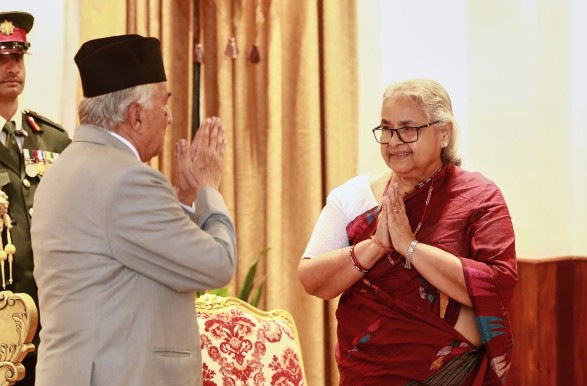Conflict Threatens Congo’s Coffee Heartland as Farmers Abandon Fields Amid M23 Rebel Advance

Arabica Beans Rot in Highlands as Escalating Violence Displaces Thousands in Eastern DRC
In the misty highlands of North and South Kivu, the lifeblood of one of Africa’s most prized coffee growing regions is withering. As fighting intensifies between the Congolese government and M23 rebels, coffee farmers have been forced to flee, leaving behind ripe beans to rot on the branches.
“This harvest season was supposed to be the best in years,” said Jean Baptiste Mwami, a cooperative leader from Masisi. “But now the fields are abandoned, and the coffee is dying.”
The fertile slopes of the eastern Democratic Republic of Congo (DRC) produce some of the world’s finest Arabica beans, sought after in specialty markets across Europe and North America. But escalating violence in 2025 the most severe in over a decade is threatening to erase hardmwon gains made by smallholder farmers who have rebuilt after years of instability.
M23 Rebels Seize Strategic Towns
The M23 rebel group, widely believed to be backed by neighboring Rwanda, has taken control of key cities and transport routes in North and South Kivu since January, including Rutshuru, Kitshanga, and parts of Minembwe all critical zones in the regional coffee supply chain.
The Congolese government, backed by regional forces from the East African Community (EAC), has struggled to regain ground. Clashes have displaced over 800,000 people since the start of the year, according to the UNHCR, including thousands of farming families.
“We can’t access our farms, and the roads are too dangerous to transport anything,” said Marie Kalala, a farmer from Walungu now living in a temporary camp outside Bukavu.
Economic Crisis in the Making
Coffee is one of the DRC’s most promising agricultural exports, especially since international aid organizations and NGOs partnered with local cooperatives over the past decade to revitalize the war-battered sector. In 2022, DRC coffee exports topped $30 million, with nearly all of it coming from the Kivu provinces.
This year, however, exports are expected to plummet by over 60%, according to the National Coffee Board of Congo (ONC).
“We’re witnessing the collapse of a sector that took 15 years to rebuild,” said Emmanuel Kaseke, an agricultural economist at the University of Kinshasa. “And the long-term impact on rural economies will be devastating.”
A Long History of Conflict
The M23 (March 23 Movement) first rose to prominence in 2012, taking over parts of eastern Congo before being defeated in 2013. The group re-emerged in late 2021, and since then, its influence has expanded rapidly. Despite international pressure on Rwanda to halt support for the group, diplomatic efforts have failed to bring about a ceasefire.
The mineral-rich eastern DRC has long been plagued by armed groups, but the resurgence of M23 has drawn regional and international concern, particularly due to its impact on civilians, trade routes, and now agriculture.
Humanitarian and Market Fallout
The collapse of the coffee sector comes at a time when global demand for sustainable and traceable coffee is at an all time high. Buyers in the U.S., Germany, and Japan have paused or canceled contracts due to the insecurity, leaving cooperatives without income.
At the same time, humanitarian agencies are warning of looming food insecurity, as displaced farming communities lose both harvests and income. The World Food Programme (WFP) estimates that over 2.5 million people in the Kivu region now face acute hunger.
The Future Uncertain
Despite some local peace talks facilitated by the African Union and UN peacekeepers (MONUSCO), the situation remains volatile. Until security is restored, farmers like Jean-Baptiste have little hope of returning to the fields.
“We don’t need charity,” he said. “We just need peace so we can work.”
